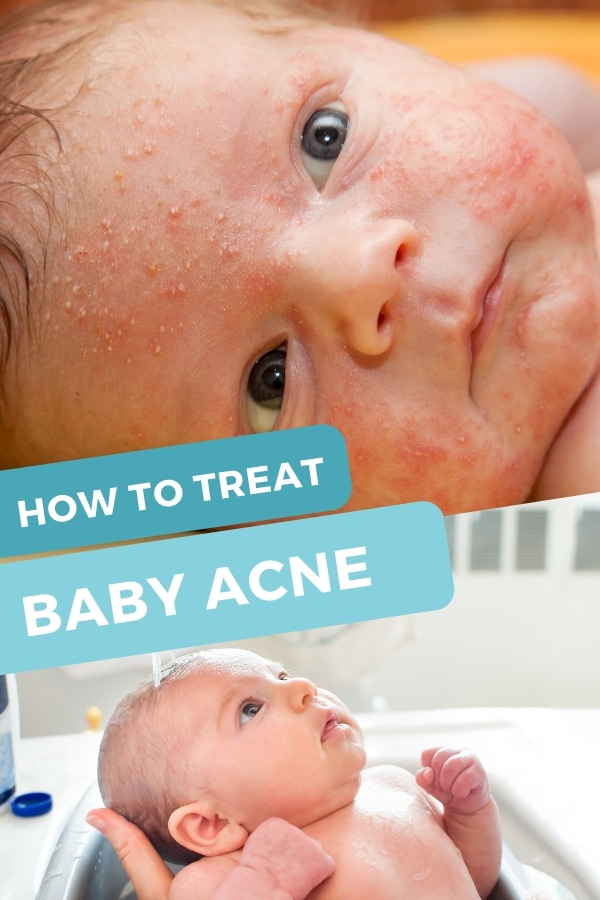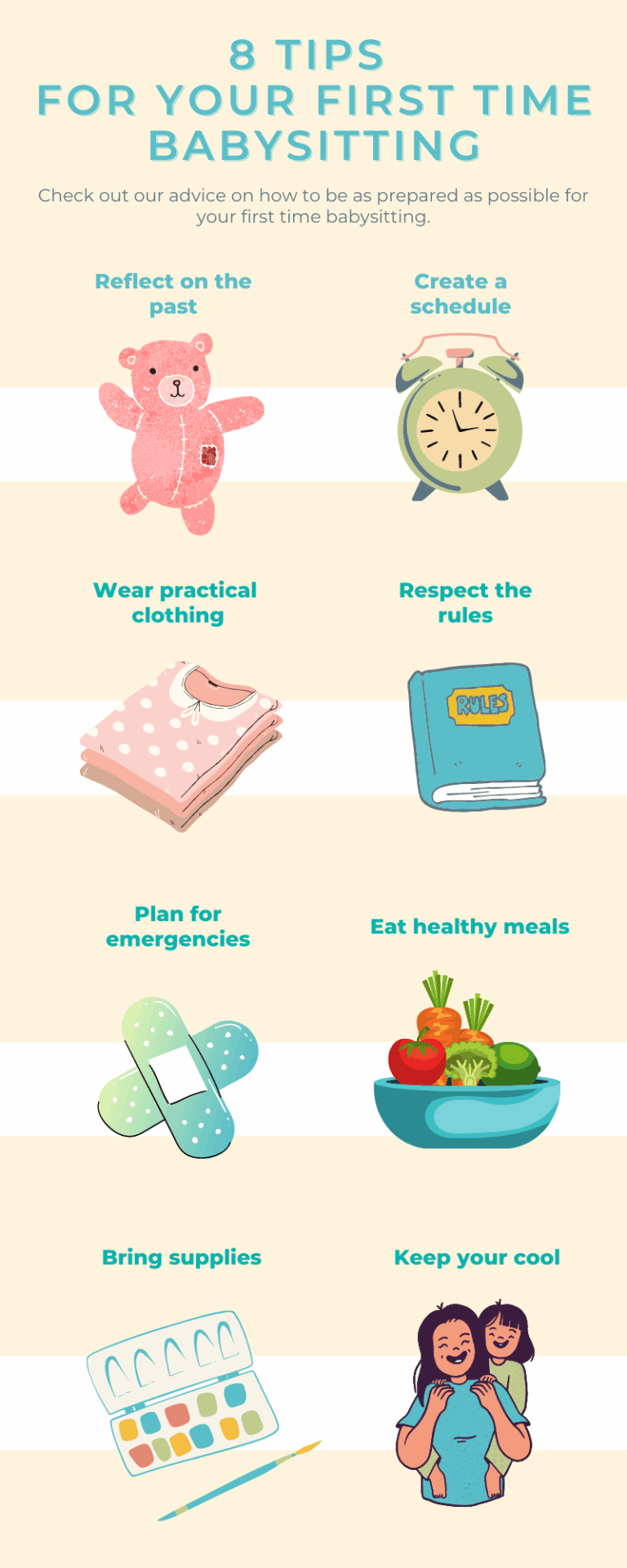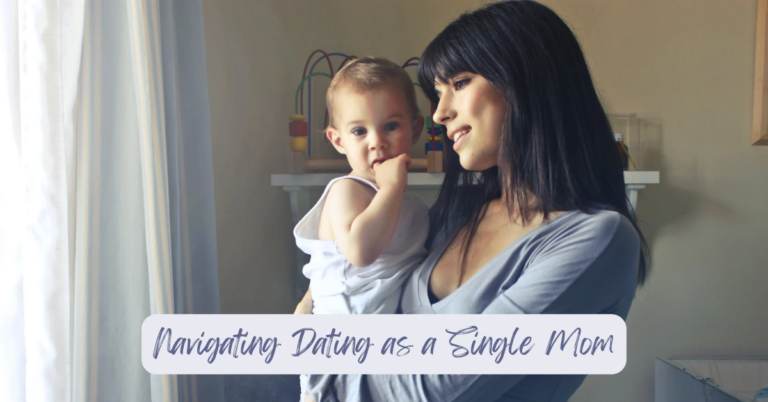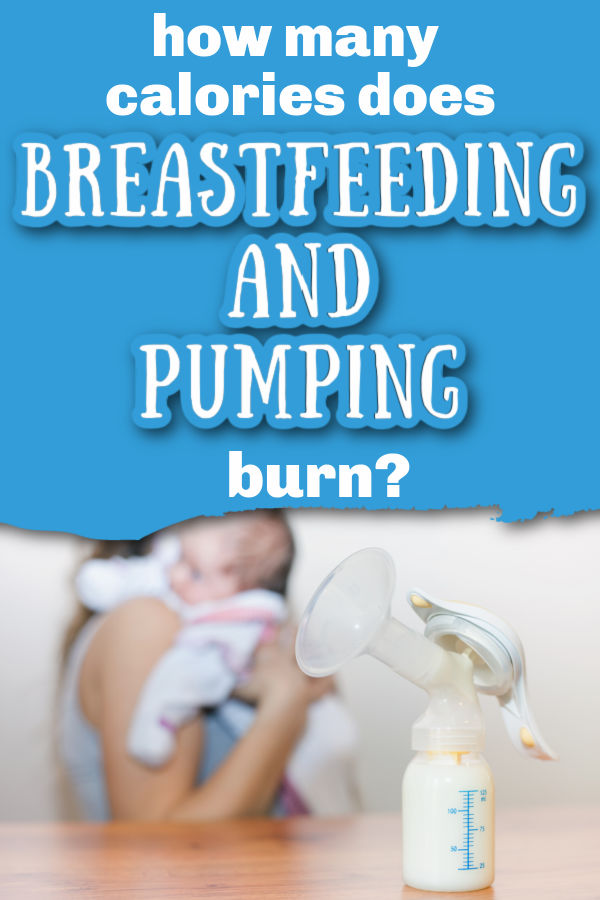How To Help Baby Acne: A Comprehensive Guide for Parents
As a parent, seeing your baby suffer from acne can be distressing. Baby acne is a common skin condition that affects many infants. While it usually clears up on its own, there are steps you can take to help alleviate the symptoms and promote healthy skin. In this article, we will discuss everything you need to know about baby acne and how you can effectively manage it.
Knowledge
Baby acne, also known as neonatal acne, is a common skin condition that affects newborns and infants. It typically appears within the first few weeks of life and manifests as small red or white bumps on the baby’s face, particularly on the cheeks, forehead, and chin. While the exact cause of baby acne is unknown, it is believed to be related to maternal hormones that are passed on to the baby during pregnancy.
The symptoms of baby acne may vary from mild to severe. Some babies may only have a few scattered bumps, while others may develop a more widespread rash. The bumps are usually not painful or itchy and do not cause any discomfort to the baby. In most cases, baby acne will resolve on its own within a few weeks to months without any treatment.
While baby acne does not typically require treatment, there are steps you can take to help soothe your baby’s skin and prevent further irritation. Here are some tips to help manage baby acne:
1. Keep your baby’s face clean by gently washing it with lukewarm water and a mild baby soap. Avoid using harsh chemicals or abrasive scrubs on your baby’s delicate skin.
2. Avoid applying any lotions or oils to your baby’s face, as these can clog pores and worsen the acne. Stick to gentle, fragrance-free products that are specifically designed for babies.
3. Be gentle when handling your baby’s skin and avoid rubbing or scrubbing the affected areas. Pat the skin dry with a soft towel instead of rubbing it.
4. Dress your baby in soft, breathable fabrics and avoid tight clothing that can rub against the skin and cause irritation.
5. Monitor your baby’s diet and make any necessary adjustments. Some studies suggest that certain foods, such as dairy or high-sugar foods, may exacerbate acne in some individuals.
Conclusion
In conclusion, baby acne is a common and usually harmless skin condition that affects many infants. While it can be distressing for parents to see their baby’s skin covered in bumps, it is important to remember that baby acne typically resolves on its own without any treatment. By following the tips mentioned above and maintaining good skincare practices, you can help alleviate your baby’s symptoms and promote healthy skin.
Overall, the target audience for this article is parents of newborns and infants who are looking for information on how to help manage baby acne. By providing detailed information on the causes, symptoms, and treatment options for baby acne, this article aims to educate and empower parents to take proactive steps in caring for their baby’s skin.
In conclusion, baby acne is a common skin condition that affects many infants. While it can be distressing for parents to see their baby’s skin covered in bumps, it is important to remember that baby acne typically resolves on its own without any treatment. By following the tips mentioned above and maintaining good skincare practices, you can help alleviate your baby’s symptoms and promote healthy skin.






